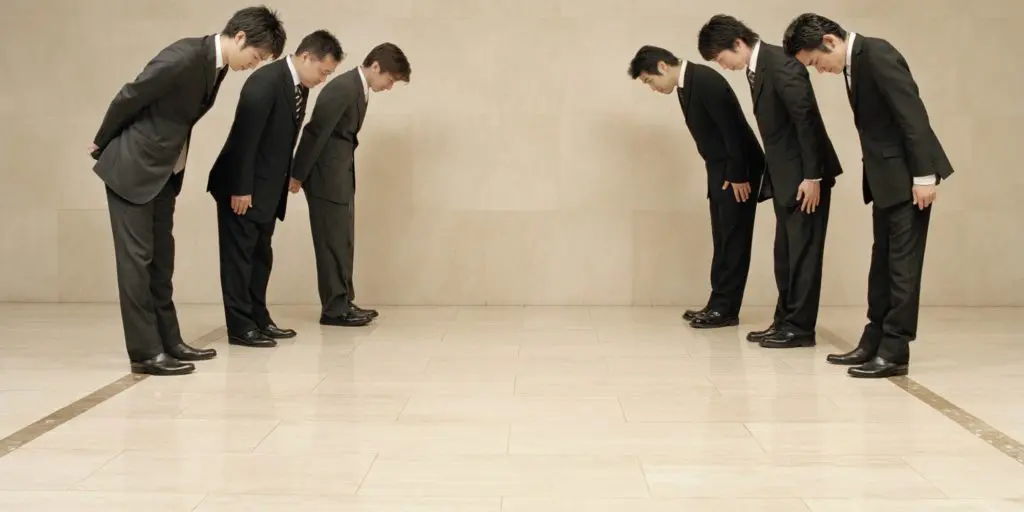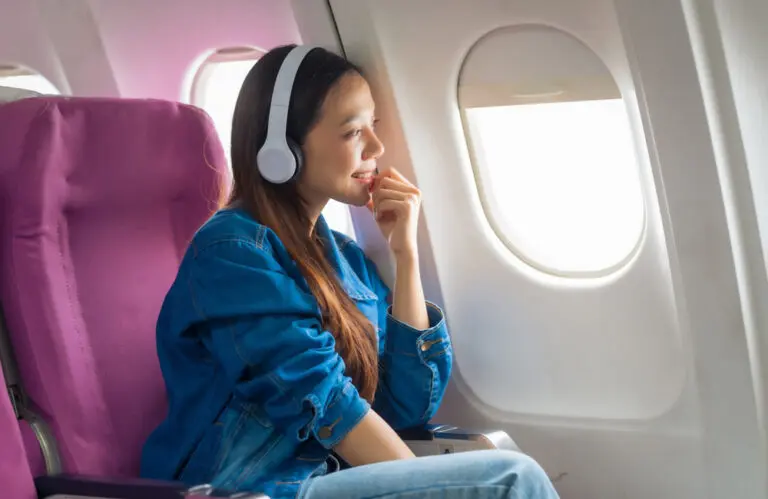It’s always important to make a good impression, and good manners and politeness play a big part of Japanese business etiquette. Avoid a faux pas with these handy tips.
Prepare your business cards

You should consider having at least 100 business cards per week on a business trip in Japan, as you will need to give a business card to everyone in the meeting.
Have double sided business cards, one side in English and the other side in Japanese.
Bowing
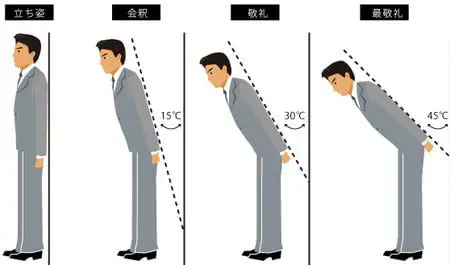
Bowing is extremely important in Japan, Japanese know that you’re not accustomed to bowing and often they’ll offer you a handshake instead. Sometimes though, they’ll do a combination of both, if this is the case, make sure you move your head slightly to the left –to avoid headaches.
To bow, you should have your back straight and your hands to the sides, the longer and deeper the bow the more respect is shown.
Learn some simple expressions
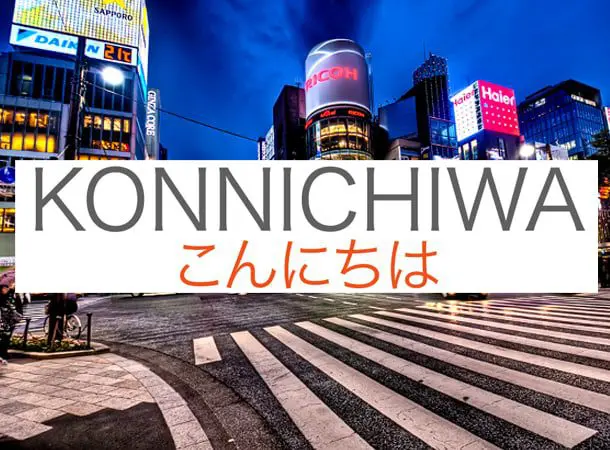
Your hosts will most likely speak very good English, but knowing a few simple expressions breaks the ice and will also get some smiles.
Go with something easy like Hello “Konnichiwa”, Good Morning “Ohayou Gozaimasu”, Good Evening “Konbanwa” or How are you “Watashi Wa Genki Desu”.
Use both hands

When presenting your business cards, always hold it with both hands (with the Japanese-language side facing forward).
Always present to the most senior first, bowing slightly as you do and making your way down the corporate ladder.
When accepting a business card, accept with both hands saying ‘Thank You’ or ‘Hajimameshite’ as you do so.
Treat the cards with respect
Never write notes on a Japanese business card, and never play or fidget with it.
You should always keep your Japanese business cards in proper casing and treat them with respect, the quality and condition of your business card says a lot about how you intend to conduct yourself in business.
Make sure you pick up all business cards you receive and put them into your case at the end of the meeting. Forgetting a business card is a slap in the face.
Time is money
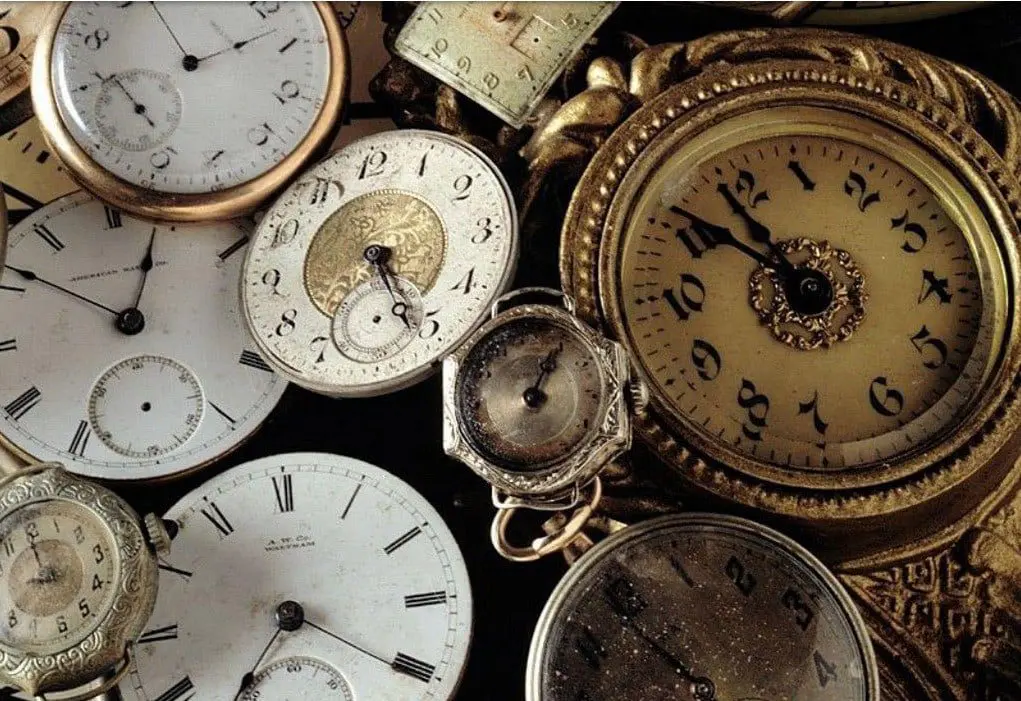
Arrive about 10 minutes early for a meeting (more if it’s with senior executives). The Japanese run on very tight schedules so plan an exact agenda, if they say the meeting will go for one hour then it would probably only last one hour.
Important things to remember
- Don’t put your hands in your pockets, doing so shows you’re disinterested or that you’re bored
- If invited to someone’s home, this is a great honour. You should act as such and accept wholeheartedly
- Don’t grab your host’s hand when you first meet them, Japanese seldom shake hands and they could become so uncomfortable that they’d avoid meeting again. Wait for them to offer their hand, if they don’t, then a bow is the correct greeting.
- Do not talk bad about anyone, even your competitors or your own employees.
- Smile and be pleasant, be open to learning and ask a lot of questions about their company. Don’t ask about their personal life.
- Don’t blow your nose in public; always excuse yourself to the toilet. Sniffling to avoid blowing is however, acceptable.
- Don’t point at people with your finger to make a point. Pointing with fingers or chopsticks at someone is considered especially rude.
- The numbers 4 and 9 are considered unlucky in Japanese culture, avoid giving gifts in this number.

